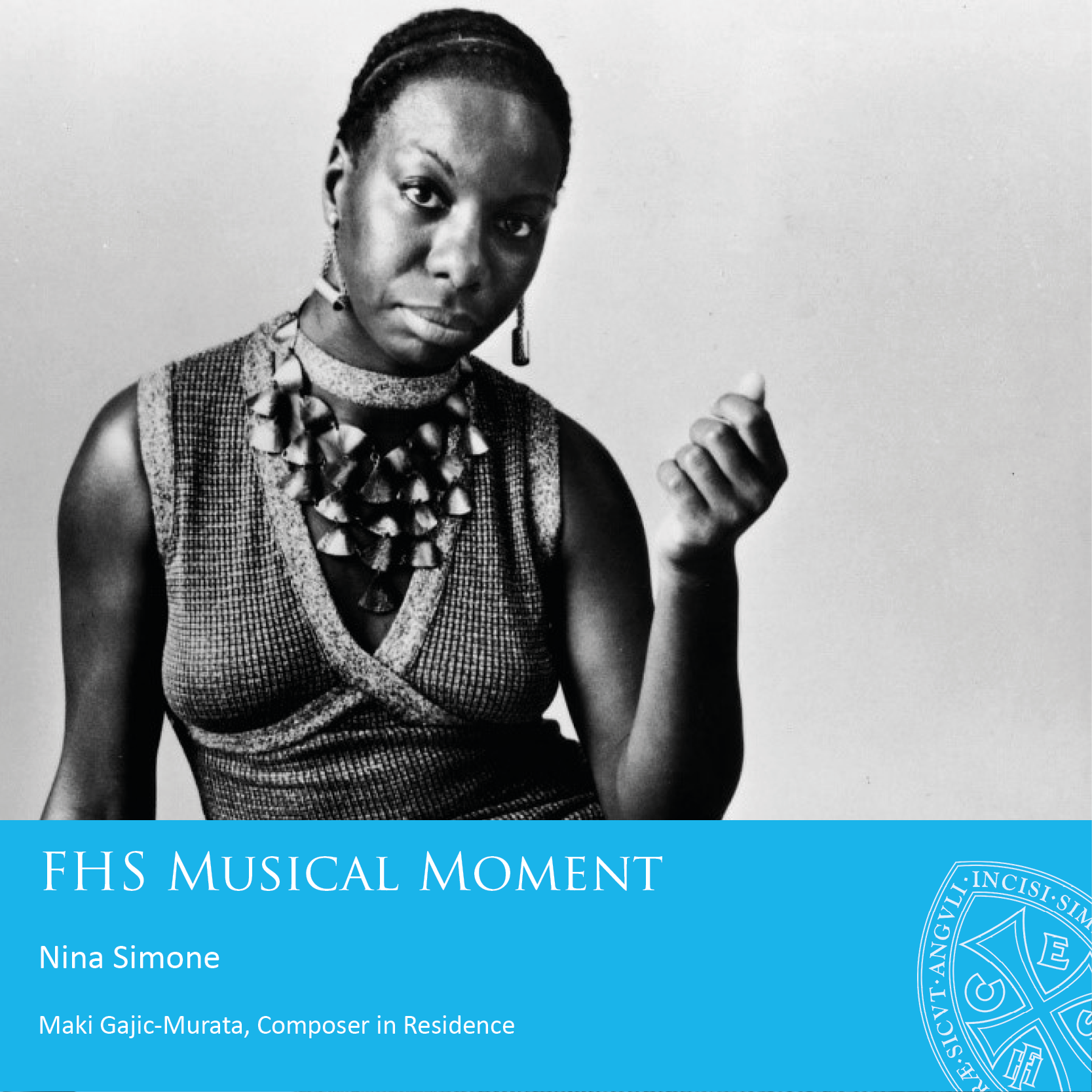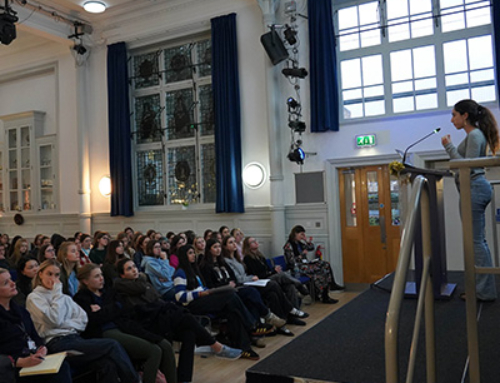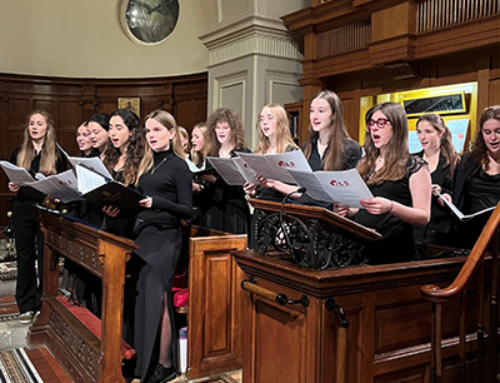Nina Simone was one of the most extraordinary artists of the twentieth century and an icon of American Music. She was a brilliant storyteller and used her talent to create a legacy of liberation, empowerment, passion, and love through her songs. Nina Simone earned the moniker ‘High Priestess of Soul’ due to the seductive and hypnotic effect she would have on the listener as she sang her music.
Born Eunice Kathleen Waymon in 1933, Nina had a natural talent for piano and could virtually play anything by ear. After graduating valedictorian of her high school class, Eunice’s community raised money for a scholarship to study at Julliard in New York City before applying to the prestigious Curtis Institute of Music in Philadelphia (at which she was rejected a place).
Due to low funds, Eunice auditioned to play piano at the Midtown Bar & Grill in New Jersey, with the result being that she would have to play and sing. Despite her dreams to become the first black female classical pianist, Eunice needed the income and accepted.
Word spread about Eunice’s style of transforming popular tunes from the likes of Gershwin, Cole Porter and Richard Rodgers, and synthesising them with jazz, blues and classical music. Her rich and unusually deeper voice, combined with her mastery at the piano, soon attracted club goers up and down the East Coast. Eunice took on the name, Nina Simone, “Nina” meaning “little one” in Spanish and “Simone” after the actress Simone Signoret.
At 24, Nina was signed by Syd Nathan to his Jazz imprint, Bethlehem Records. One of Nina’s stated musical influences was Billie Holiday and her inspired reading of “Porgy” from “Porgy and Bess” heralded the arrival of a new talent on the national scene.
“Critics started to talk about what sort of music I was playing,” writes Nina in her 1991 autobiography I Put A Spell On You, “and tried to find a neat slot to file it away in. It was difficult for them because I was playing popular songs in a classical style with a classical piano technique influenced by cocktail jazz. On top of that I included spirituals and children’s song in my performances, and those sorts of songs were automatically identified with the folk movement. So, saying what sort of music I played gave the critics problems because there was something from everything in there, but it also meant I was appreciated across the board – by jazz, folk, pop and blues fans as well as admirers of classical music.” Clearly Nina Simone was not an artist who could be easily classified.
For years, Nina felt there was much about the way that she made her living that was less than appealing. One gets a sense of that in the following passage from I Put A Spell on You where she explains her initial reluctance to perform material that was tied to the Civil Rights Movement.
“Nightclubs were dirty, making records was dirty, popular music was dirty and to mix all that with politics seemed senseless and demeaning. And until songs like ‘Mississippi Goddam’ just burst out of me, I had musical problems as well. How can you take the memory of a man like (Civil Rights activist) Medgar Evers and reduce all that he was to three and a half minutes and a simple tune? That was the musical side of it I shied away from; I didn’t like ‘protest music’ because a lot of it was so simple and unimaginative it stripped the dignity away from the people it was trying to celebrate. But the Alabama church bombing and the murder of Medgar Evers stopped that argument and with ‘Mississippi Goddam,’ I realized there was no turning back.”
Nina was deeply affected by these two events. In 1962, she had befriended noted playwright Lorraine Hansberry and spoke often with her about the Civil Rights Movement. While she was moved by her conversations with Hansberry, it took the killing of Medgar Evers and the four girls in Birmingham to act as catalysts for a transformation of Nina’s career.
Nina’s music is incredibly iconic and recognisable even today. Her voice, though not classically trained and rough round the edges, fits the tone of much of her music about oppression and racism. Nina Simone is considered by far to be one of the most influential jazz singers of her time and listening to these brief music clips, one can see why she is still remembered to this day.
Maki Gajic-Murata, Composer-in-Residence














